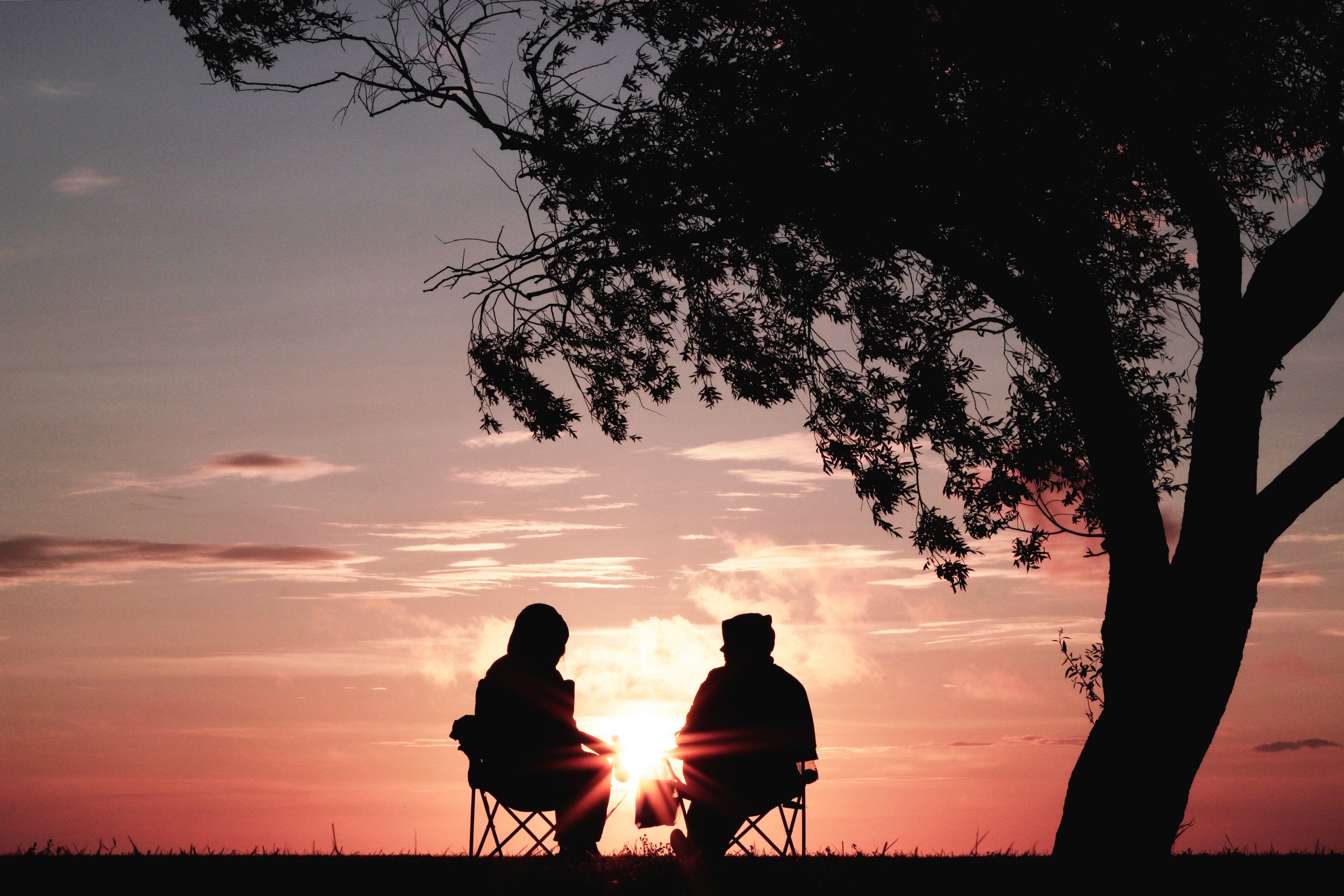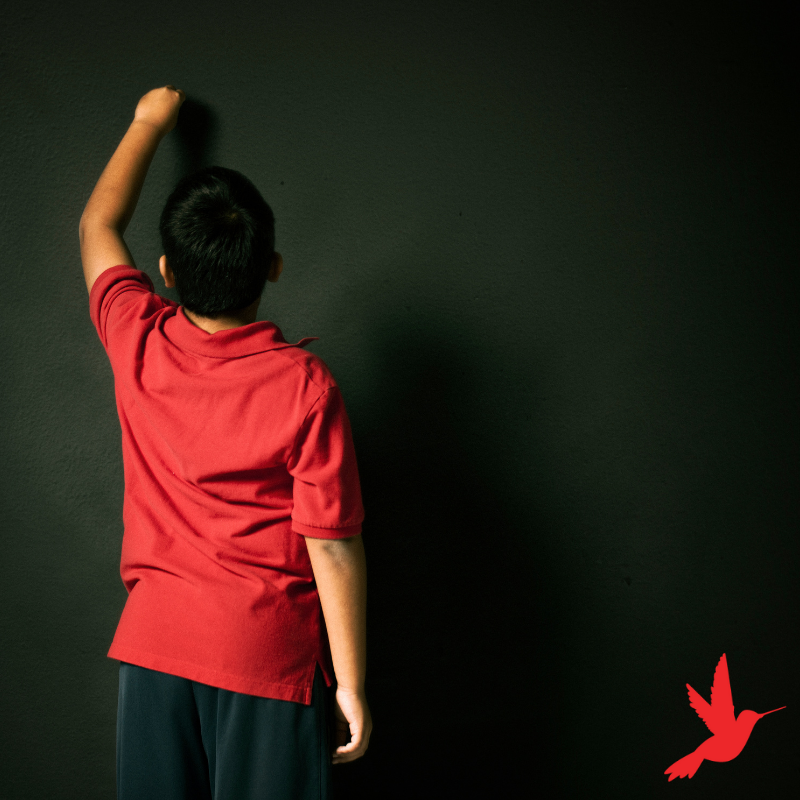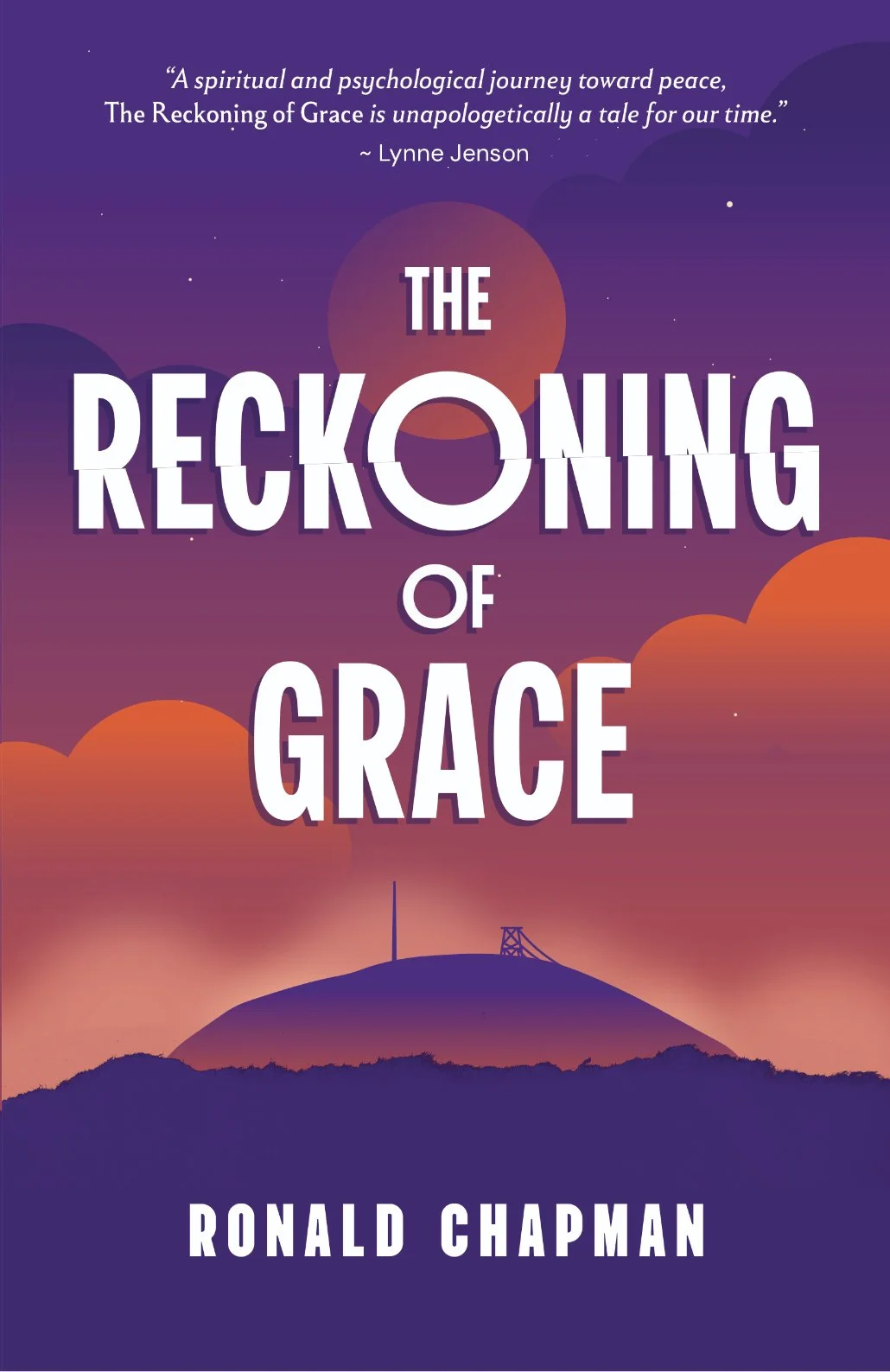
Relationships
Some of the most important spiritual work we engage in, and often some of the most challenging work, is in relationships, both romantic and platonic.
Engaging in and through relationship is at best an intentional act. It places great value on our ability to be vulnerable and to risk. At the same time, the point of relationship is not the relationship or ourselves; it is instead, to be focused on the other party and their needs. What we seek is a coming together to experience something more.
At the heart of these heady ideas is the notion of relating, which is the active state of interaction beyond ourselves.
There are so very many ways to enhance relating and relationship, and so many pitfalls. Of all the concepts within Seeing True, it is relationships which provides the greatest practice ground.
Are you having a difficult time in relationships with others? Or struggling with a healthy relationship with yourself? Are you contented with your relatedness in your life? Do you experience fulfillment? What do you suppose the best possible relationship might be like? Who would you then be?
FROM THE SEEING TRUE BLOG
Below you will find blogposts that relate to Relationships. The free content and materials you find in this website are an expression of Ron's commitment to you and your transformation. If you would like to work with Ron, click HERE. To receive these posts weekly in your email, subscribe HERE.
In this return to Unity Renaissance, during a time of great social disruption in our larger world, Ron explores how we might find a sweet spot for ourselves and our lives. Perhaps things are not as they seem, and perhaps we are not as we think we are.
In the end, each of us is responsible to our own soul to be reconciled with the entirety of our journey-and all the effects of it. No matter how hard we try to only contribute positively to others and the world, we inevitably fail, sometimes egregiously.
We can’t love anyone (or anything) without limitation unless we free ourselves of everything that stands in the way of such loving. And any encounter with most anyone or anything is guaranteed to provide us with data that reflects on each and every place within our shadow selves.
Over the past few decades, a powerful therapeutic framework has arisen: Internal Family Systems. In short, it proposes that Walt Whitman was right: we do contain multitudes.
On all the various playgrounds I find for myself (leadership and organization development, personal growth, relationships, community, recovery and spiritual), I’m often struck by how we don’t always play well with others.
Let’s cut to the chase. The reason for acceptance is simple: Nothing we do can be effective when our starting point is a lack of acceptance.
Most of what we experience comes through our experience ... we translate the world. It means that everyone - everyone is having some kind of experience based on their own experience, which doesn't make ours wrong. It means that theirs too is right.
We see things that are not there, or things we imagine, or we believe the stories we make up about life and living. We are translators and storytellers, all of which is based on what we believe to be true. What if what we believe is not true?
Sometimes, common culture provides powerful reflections. When it come to love, once one takes the idea to heart, all we can see is all the ways we place conditions upon others, including ourselves, and even upon life itself.
“Why can't the self improve upon itself?” A fine question worthy of discussion from my friend, Jay. In short, the self has only its own viewpoint as a reference. Everything self sees or does comes through that viewpoint.
How much of our life’s direction or choices are framed and influenced by our past? How will the rest of our lives play out? Aren’t these the existential questions with which many of us must deal?
We think life is happening through us, or around us, or to us, when in fact, life is us. We are not an object, nor is life static. We are an unfolding, that is emerging moment by moment, thought by thought, step by step.
A recent meditation from Richard Rohr at the Center for Action and Contemplation catapulted me backward in time to a long-ago conversation with my spiritual mentor. I remember it because it shook me at a very profound level.
I recently stumbled once again across Plato's Allegory of The Cave, and his captivating phrase, "shadows on the wall." In short, Plato proposes that until we humans awaken psychologically and spiritually, we are not seeing or experiencing reality, rather our projections and impressions of that reality.
In the vernacular of recovery, whenever we point a finger at someone, there are three pointing back at us. As you and I often discuss, we turn back to our own inner work to see what’s amiss with us.
The phrase "All My Relations" has been a curious one for me for some time. Undergirding it is the idea that somehow, inexplicably, despite appearances of separation, we are connected at a most fundamental level. Any time we profess love in a unilateral fashion as a single relationship, it must expand to bring in everything.
Some years ago, I had one of those great learning opportunities that come to us as people, professionals, etc. What that opportunity taught me was that maybe sometimes just listening really is the best value we can offer. I realized that's a little harder for those of us who think with our egos.
We are interconnected, that we cannot separate ourselves from the reality in which we are immersed. It was only a small step from that to a moment of awe. And from that, to appreciation, even gratitude. Which then led to reverence.
In my professional human development world, I spend a lot of time working with psychological assessments. One of the things I really like about the Enneagram is the way it thinks of us as humans. It doesn't think you ought to be different. It knows that you are who you are, you're baked the way you're baked.
It seems most everyone is looking for a place in their lives and in the world to just be happy. While all of us seem to hear the calling or yearning in such language, it’s clear that many of us are mostly focused on what’s wrong in our external realities rather than our internal ones.
Every now and again we may find ourselves captured in video or audio as the most interesting things pour forth from us. Sometimes our only option is to be surprised by what appears. That’s the case with this somewhat rough monologue that unfolded in a conversation with a long-time mentee and friend.
July 4th is not far off. Everybody's going to be talking about freedom. It's a subject that comes up quite often for me, not from a national point of view, but really from a human point of view.
The amazing thing about mentors, as I have found it, is almost everybody loves giving their experience, sharing what they know, what they've learned. And if we make it valuable for them, we're going to get everything we need.
Should we be surprised that we become that in which we immerse ourselves? Every interaction we experience is reflected in the wiring of our brains and throughout our neural systems. Some have said that if you want to make a prediction of how someone’s future will appear, look at the culture, circumstances and dynamics in which they live.
How to let go of our greatest wounds? How to forgive and release when actions or circumstances seem unforgivable? Isn’t it one thing to hear masters tell us the deepest benefit for us is in the places we hate others, and yet to find a way to really put it into practice?
All of the great masters and teachers of time have told us that love is easy when it’s familiar or familial. If love is a principle, then loving is a practice. And the best way to learn how to put this practice and principle into play is to learn how to love in places and people who are really hard to express it too.
What good is our affection if we only offer it when we like someone or something? Isn’t it strange that more than anything else most of us, perhaps all of us, want more than anything else to be loved and accepted exactly as we are. And yet we struggle to extend that outwardly. To others. To the world.
We humans are non-stop projection devices. We, consciously and unconsciously, seem to find ways of projecting ourselves into situations, circumstances and instances that are oftentimes none of our business. It’s a very self-centered approach, but it’s also a very human action.
Sometimes there are stories, experiences, that we have that become really, really important in our lives. It happened to me a number of years ago when my daughter, Brianne, who goes by Bree, was in film school.
































There is a long-standing debate that involves the contrast between a focus on serving others or service to self. Most typically the former is seen as more virtuous, while the latter is seen to be selfish. For this season of giving thanks and the many focuses on others and our communities, it seems very timely to explore this tension.